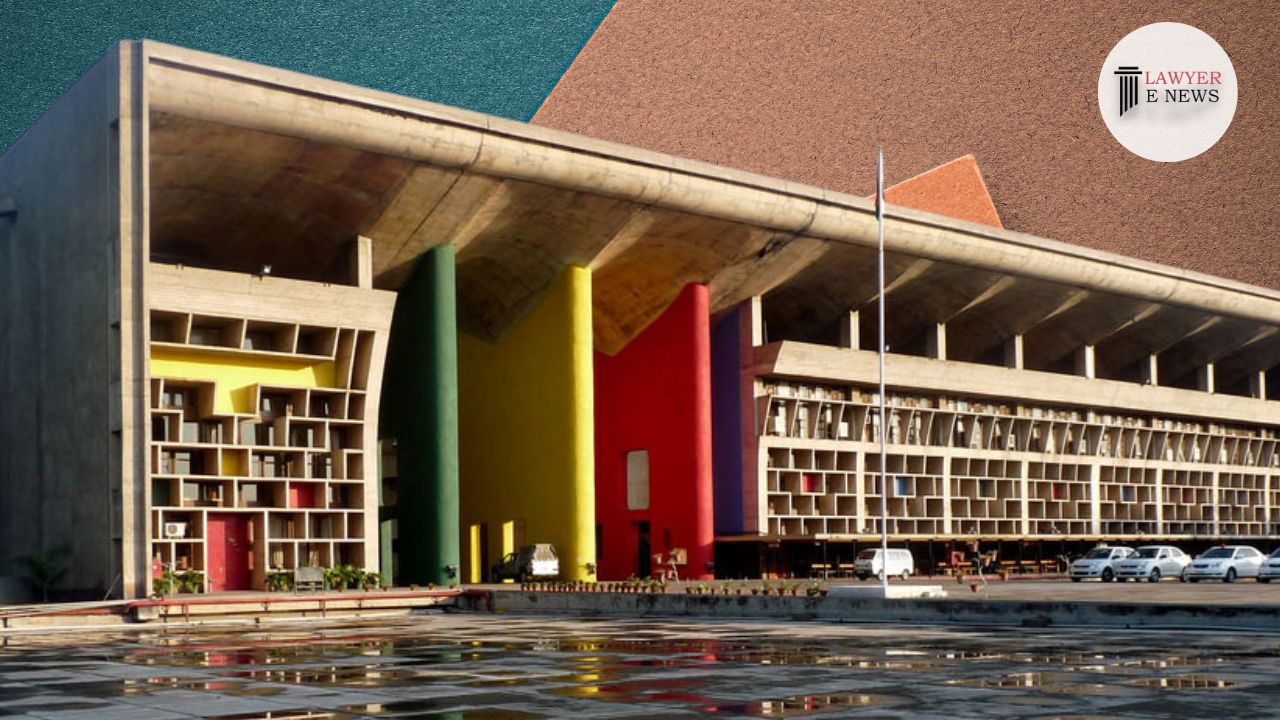-
by sayum
17 February 2026 8:32 AM



The High Court of Punjab and Haryana, in a recent ruling, emphasized the importance of complete cross-examination and adherence to procedural norms in judicial proceedings. The court set aside an impugned order that prematurely closed the evidence of the petitioner, underscoring the necessity of providing ample opportunity for cross-examination and proper summoning of records.
In the case "Vijay Kumar Vs Harmesh Kumar and Ors", the petitioner, Vijay Kumar, challenged an order dated 29.11.2022 that closed his evidence as defendant No.1 in a lower court. The issue revolved around the incomplete cross-examination of the petitioner and the non-observance of procedural requirements for recording witness statements and summoning necessary records.
Court Assessment and Observation:
Justice Archana Puri noted the irregularities in the proceedings, especially regarding the cross-examination of the petitioner and the handling of witness statements and records. The court observed:
Repeated Adjournments and Pandemic Impact: The case saw numerous adjournments, partly due to the COVID-19 pandemic, which led to restrictive working conditions.
Incomplete Cross-Examination: The cross-examination of the petitioner (DW-1) was not completed, and the lower court overlooked this fact when it prematurely closed the evidence.
Failure to Summon Necessary Records: The court noted that the required records for cross-examination were not adequately summoned, and this oversight was not brought to the court's attention by either party.
The judgment was based on the principles of natural justice and the procedural norms under the Civil Procedure Code (CPC). It highlighted the importance of complete cross-examination and the proper conduct of judicial proceedings.
The High Court set aside the impugned order, allowing the revision petition. The petitioner was directed to pay Rs. 20,000 as costs to the “Poor Patient Welfare Fund, PGIMER”. The court also instructed the lower court to record the petitioner's statement within three weeks of his appearance and ensure that the necessary records for cross-examination are furnished promptly.
Date of Decision: 01.02.2024
Vijay Kumar Vs Harmesh Kumar and Ors
